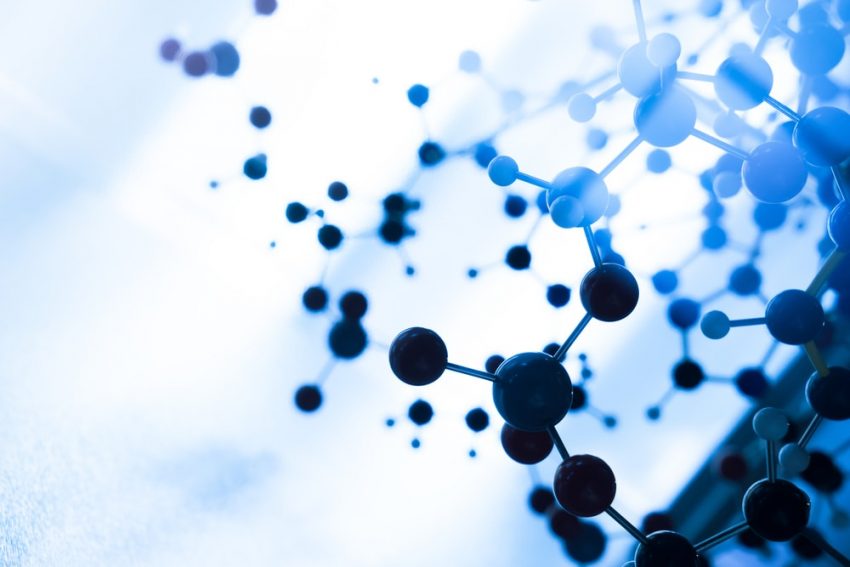In general, it is known for science to any body of knowledge systematically ordered in order to describe realities and give answers to various questions. For example: mathematics, physics, chemistry, biology.
The evolution of science It is perhaps the most significant development of the human being as a species, since throughout its existence science has progressed substantially.
Without a doubt what was contributed by the so-called “it was prescientific”Was a decisive starting point, without which the levels of scientific progress seen today would never have been reached.
“Science”: a broad term
The definition of science is permanently put into discussion and is subject to constant reviews.
Also, there are debates to establish whether or not a discipline is a science. From many academic sectors it is considered that only knowledge that was obtained from a specific methodological process can be defined as scientific.
In this way, the knowledge generated can eventually be disputed. It is a conception that revalues the scientific dynamics, which implies that knowledge that at a certain moment seemed absolute and complete can later be refuted. This methodological requirement may be too rigorous for certain disciplines.

Types of science
Most science theorists have agreed to distinguish between:
- Formal sciences. They are those sciences that are concerned with creating their own field of study and their knowledge is abstract. For example: the logic.
- Factual science. They are those sciences that deal with analyzing and studying those facts or tangible phenomena of the world. For example: biology.
For Plato, one of the main thinkers in the history of mankind, the formal sciences are the most important, because they deal with the world of ideas and support all the others.
On the other hand, the factual sciences can be:
- Exact Sciences. They are those sciences that, to a greater or lesser extent, respond to logical and demonstrable criteria about the functioning of the world. For example: the math.
- Human Sciences. They are those sciences that have to do with the behavior of human beings (and not with the conditions underlying it, such as their biological condition), either in their individuality or in society. For example: the history.
The disciplines related to the human do not always respond to the methodological criteria that are demanded from some sectors of the academy of science, but not for that reason should they cease to be considered as scientific disciplines, but rather they should be studied from alternative methods, such as historical, sample or anthropological.

Science examples
| Math | Paleontology | computing |
| Logic | Sociology | History |
| Linguistics | Right | Oceanography |
| Chemistry | Anthropology | Physical |
| biology | Geography | Economy |
| Astronomy | Psychology | Biochemistry |
| Physiology | Philosophy |
Science in everyday life
Science is present in all areas of human development, which allows the individual to have greater knowledge of the world around him, satisfy his needs and improve his quality of life. Some examples are:
- In construction and building. Knowledge from sciences such as mathematics and physics is used to build houses, buildings and all kinds of constructions that humans use. These processes require suitable materials that vary according to the type of construction to be carried out.
- In the manufacture of drugs. Scientific knowledge, obtained after the study and research of scientists from different disciplines, is used to develop medicines that make it possible to deal with ailments or situations that affect the body, both in humans and in other animals.
- In the food industry. Science is used to know the human body and from there to know what are the nutrients or nutritional needs it has. The food industry manufactures, from the transformation of raw materials, food to satisfy the world’s population. For this process it uses machinery and tools that arise with the development of science and technology.
- In the textile industry. Machinery and technology are used to make garments for humans. The manufacture of these garments is made from materials, natural or synthetic, and goes through different processes. The textile industry uses sciences such as mathematics for the manufacture of molds and technology for the development of machinery.
- In the design and production of machinery. Machinery of all kinds is used in different industrial processes, produced from scientific knowledge.
- In technology development. Science is used to develop new technology, which is then used in different fields. Technology implies the development of new ways of doing things and uses science to obtain knowledge.
- In the diagnosis and prevention of diseases. Science is used in the field of medicine to learn about the human body, its components and the possible threats to, from there, detect diseases and pathologies and propose ways of cure.
- In the knowledge of nature. Different sciences are used, such as geography, biology and geology, to know the planet Earth and its characteristics. Scientific knowledge of this type is essential to discover the causes of phenomena and to be able to predict them.
- In the educational field. Educational sciences are used to develop new ways of managing the educational and learning process. Within this scope, sciences such as pedagogy, psychology and psychopedagogy intervene.
- In understanding phenomena. Scientific knowledge obtained from experimentation is used to understand the causes and consequences of certain phenomena. These phenomena can be the product of nature, such as natural phenomena, or also phenomena that have to do with human behavior. Within this field, many and diverse sciences are used such as physics, chemistry, geography, psychology, among others.
- In the knowledge of human behavior. Various sciences are used to study and know the reason for human action and its different forms. Within this field, sciences such as psychology, pedagogy, biology, philosophy, among many others, work.
- In the exploitation and care of natural resources. Science is used to know the physical world that surrounds the human being and from that data to be able to make use of it. Science allows knowing the properties of natural resources so that humans use them in different industries and for various purposes. Another important application of science in this area allows us to know the natural environment and establish ways and methods for its care and reducing the environmental impact of human actions.
- In access to knowledge. Different sciences are used to know different aspects of the world. The knowledge that is acquired is usually abundant and varied. Sciences such as history, biology, philosophy, theology or mathematics allow the human being to know some aspect of the world that surrounds him.
- In space research. Scientific knowledge product of different areas (such as physics, mathematics and astronomy) is used to know what exists beyond planet Earth. This discipline is constantly expanding and applies new technology to learn about space, a site that is still very unknown to the human species.
- In the development of products and tools. Scientific knowledge is used to carry out industrial or artisanal processes that allow the manufacture of goods or elements used by humans. Within this scope, a large number of sciences are involved that include notions regarding design, calculus, among many others.
